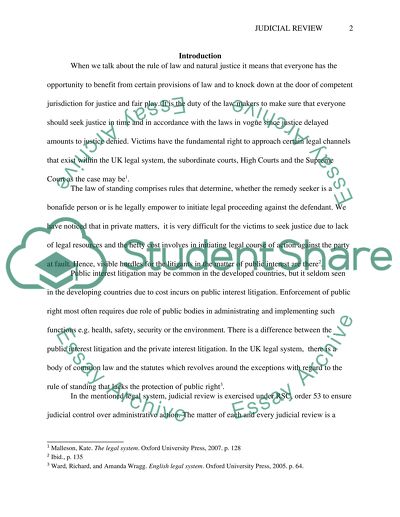Cite this document
(“Analyse the extent to which the rules of standing and the grounds of Essay”, n.d.)
Analyse the extent to which the rules of standing and the grounds of Essay. Retrieved from https://studentshare.org/law/1471515-analyse-the-extent-to-which-the-rules-of-standing
Analyse the extent to which the rules of standing and the grounds of Essay. Retrieved from https://studentshare.org/law/1471515-analyse-the-extent-to-which-the-rules-of-standing
(Analyse the Extent to Which the Rules of Standing and the Grounds of Essay)
Analyse the Extent to Which the Rules of Standing and the Grounds of Essay. https://studentshare.org/law/1471515-analyse-the-extent-to-which-the-rules-of-standing.
Analyse the Extent to Which the Rules of Standing and the Grounds of Essay. https://studentshare.org/law/1471515-analyse-the-extent-to-which-the-rules-of-standing.
“Analyse the Extent to Which the Rules of Standing and the Grounds of Essay”, n.d. https://studentshare.org/law/1471515-analyse-the-extent-to-which-the-rules-of-standing.


